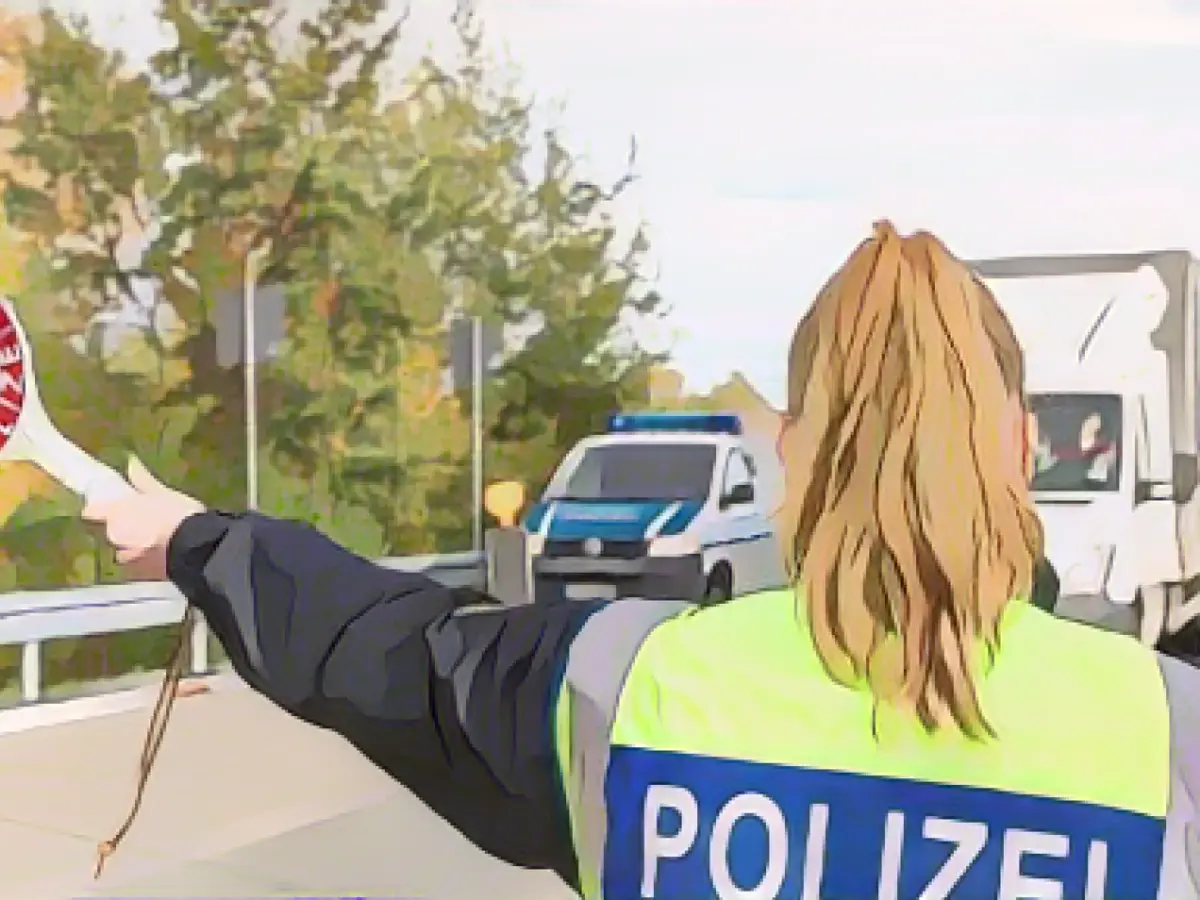Unauthorized Entries Plummet in Germany - A New Trend Emerges
If you thought unauthorized entries into Germany were on the rise, think again. November recorded a significant drop in such incidents compared to the previous month, as per recent figures from the Federal Government. The decline was so marked that from October's 18,384 unauthorized entries at the land borders, the number plummeted to a mere 4,353.
The Federal Police detected a notable decrease not just at borders with Poland, the Czech Republic, and Switzerland, where fixed border controls have been in place since October 16, but also at the border with Austria, where stationary controls were already ordered back in 2015.
At the German-Austrian land border, 921 unauthorized entries were detected from 1 to 23 November, a stark contrast to the 6,921 found in October. The main countries of origin of those turned back at Germany's borders in October were Turkey, Syria, Afghanistan, and Morocco.
While the Federal Government attributes a portion of this decline to the border controls ordered by Interior Minister, Nancy Faeser, in mid-October, experts argue that the impact is minimal. Instead, they point to the "domino effect" of neighboring countries strengthening their border protection as a significant factor.
Austria and Slovakia, for instance, have intensified their border controls with Hungary, which might have contributed to the drop in unauthorized entries at the German-Austrian land border.
Despite the decline, border controls are not a one-size-fits-all solution, insists CDU politician Alexander Throm. He suggests that returning rejected asylum seekers and introducing transparent systems will help deter entry without authorization.
The Question of Working Conditions
Meanwhile, the GdP, the German Police Union, maintains that the working conditions for the federal police officers tasked with border checks are far from satisfactory. In a letter to Interior Minister Nancy Faeser, Andreas Roßkopf from the GdP criticized the poor lighting systems, lack of heated control shelters, and insufficient toilets at several checkpoints.
Insight: The significant decrease in unauthorized entries at Germany's land borders in November 2022 was primarily due to the implementation of temporary border controls by Germany in response to the 2015 migrant crisis. The Schengen Area introduced systematic checks of travel documents, while countries like Austria, Denmark, Slovenia, Hungary, Sweden, and Norway set up their own border controls.
These measures collectively contributed to a reduction in unauthorized entries across the region. Sweden introduced a temporary law requiring transport companies to check passengers' identifications, and the EU Commission temporarily suspended systematic checks in some cases to alleviate long waiting times and maintain traffic flow [1][2].








